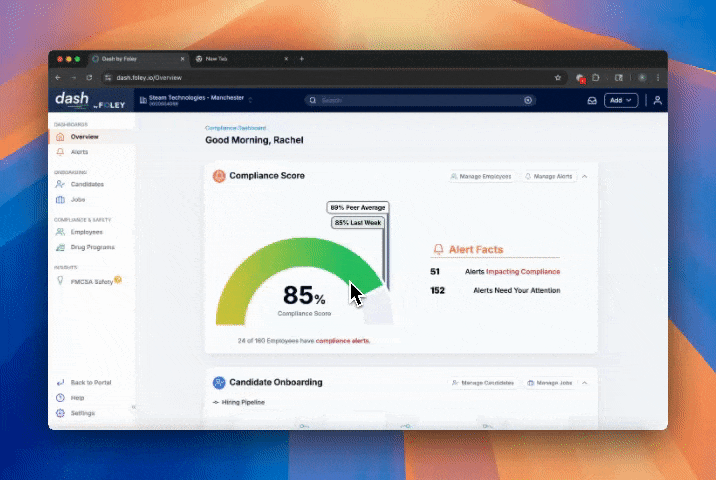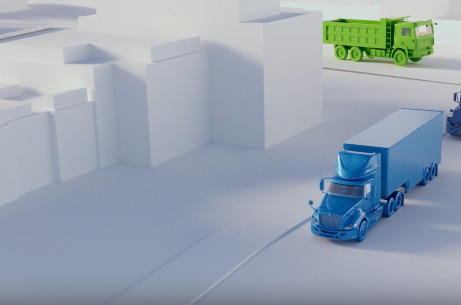
What happens now?
Medical examiners in states that have implemented the digital process should electronically submit results directly to the FMCSA. The FMCSA will forward those results to state licensing agencies. Drivers will no longer need to submit their own medical certificates. However, if the digital med card isn't on file, a paper med card is permissible through the effective waiver date.
What does this change mean for me?
-
For CDL Drivers: Failing to keep a valid medical card on file with your state licensing agency means your CDL could be downgraded, putting your job at risk. Your DQF must contain the MVR showing valid medical certification, or a copy of the paper med card during the transition period.
-
For Non-CDL Drivers: Non-CDL drivers continue to receive, carry, and present paper medical cards issued by their Certified Medical Examiner.
-
For Fleet Managers: Not tracking medical certification properly could lead to DOT compliance violations and fines of up to $20,000.
Foley's Platform automatically tracks and notifies you of medical card expiration dates, as well as other compliance issues. Avoid DOT violations and get a free demo now.
What You Should Do with DOT Medical Certificates Now
-
Drivers: Make sure your medical certification is up to date. Double-check to ensure the new system is in place in your state. If you operate across various states with potentially different requirements, it’s best to be safe and continue the hybrid system, keeping both a paper med card and a digital file in your DQF.
-
Carriers: Keep verifying medical certificates. Ensure your drivers have valid medical certifications from a registered examiner. Employers in participating states may rely on MVR checks to confirm CDL driver medical certification, or must have a copy of the paper med card in the DQF.
Stay Updated: Both drivers and carriers should stay informed about FMCSA announcements. Since this rule has been delayed multiple times, there’s always a chance of further changes. Keeping up to date will help you avoid compliance headaches.
Foley's DOT compliance platform notifies you of medical certificate expirations with sufficient time to schedule DOT physicals and get new med cards for your drivers. Get your free demo now to help ensure your fleet complies.




.png)